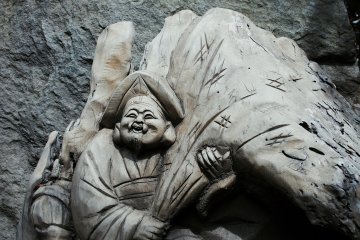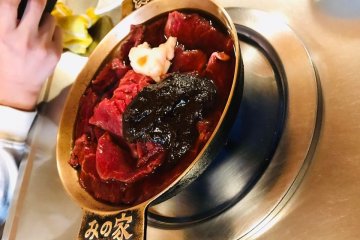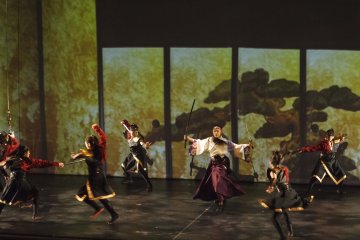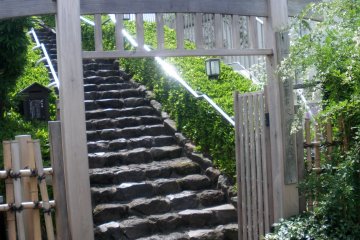You would be hard-pressed to not find a reference to Matsuo Basho. One of Japan's greatest exports, the master poet was a homegrown commodity who travelled the length and breadth of his homeland, fine-tuning his poetic craft to such an extent that even now, some three hundred years after his passing, few would seriously claim to have bettered him.
Whether Basho himself would agree with such sentiments is a matter of debate. But the man's influence is certainly real. There are very few places where he travelled that have not, in some way, tried to identify with his name. From the tiny little public park in Adachi City Ward to temple tours in Iwate, Yamagata and Miyagi prefectures in the northern Tohoku region, memories and tributes to Basho abound.
One such lingering memento of the man can be found along the banks of Tokyo's Sumida River. Situated on the site where Basho had built a small hermitage for himself, the Basho Memorial Hall in Koto City Ward is a small but charming dedication to Japan's most famous artist.
The location, where Basho is said to have brushed some of his most famous works, is also where literary enthusiasts can enjoy activities and exhibitions related to the man and his craft. Haiku poetry classes, presentations and exhibitions are regularly held here, while memorabilia related to Basho can also be found. A charmingly designed Japanese garden and outdoor space features tiny bridges, pathways and stones engraved with the master's poems.
Size notwithstanding, the chance to take in the art and craft of Matsuo Basho's words while overlooking the Sumida River is one of the Basho Memorial Hall's greatest appeals. Another reminder, indeed, of the undying influence of Japan's most famous poet.









